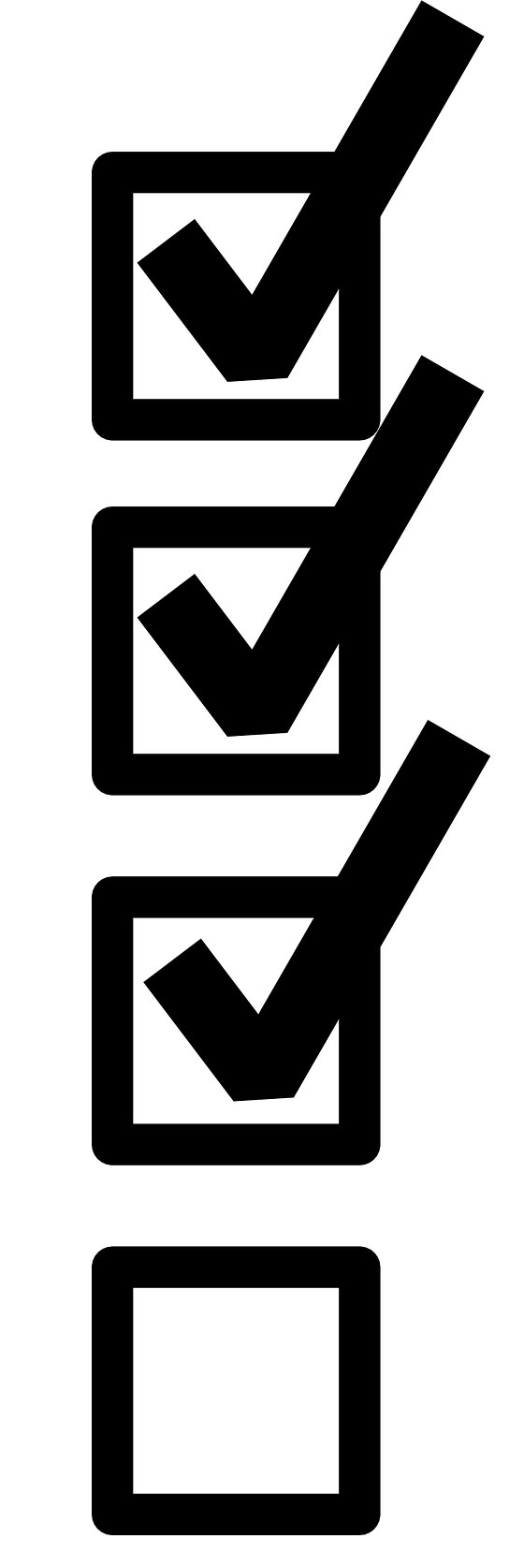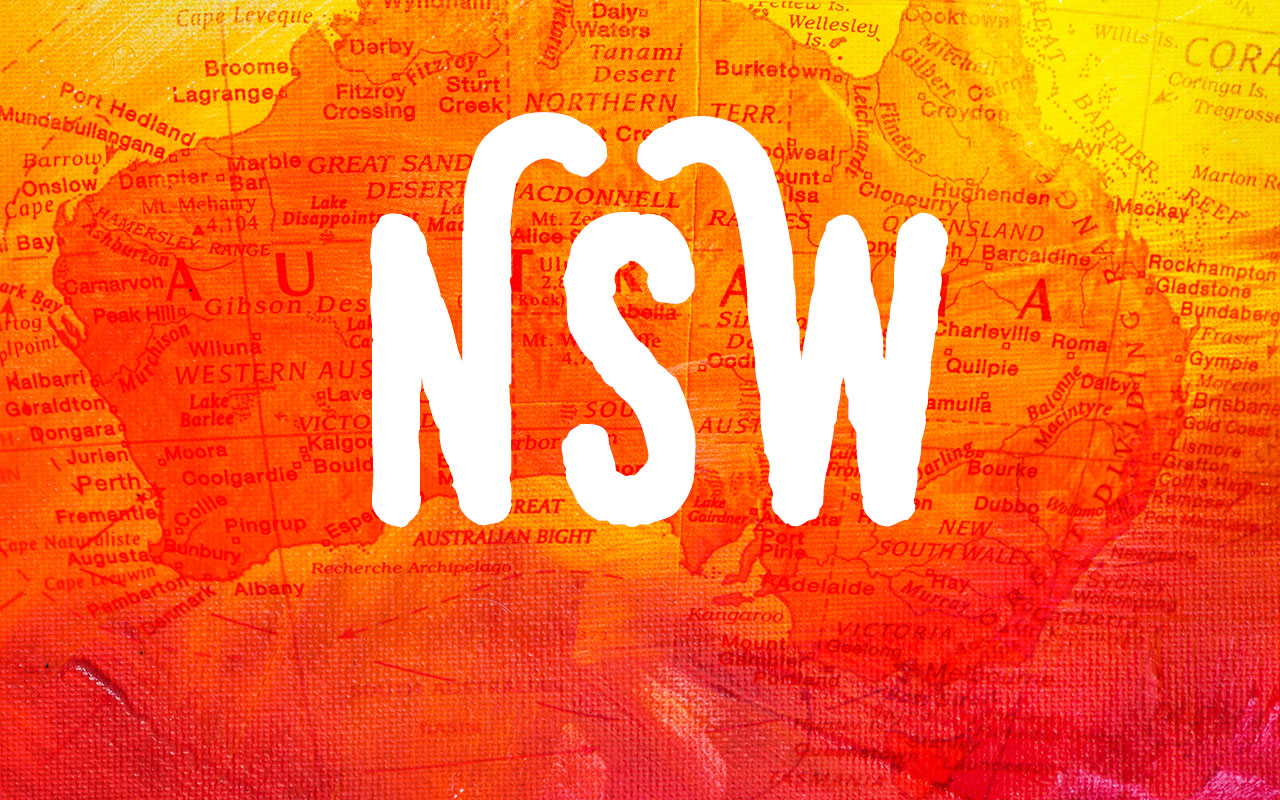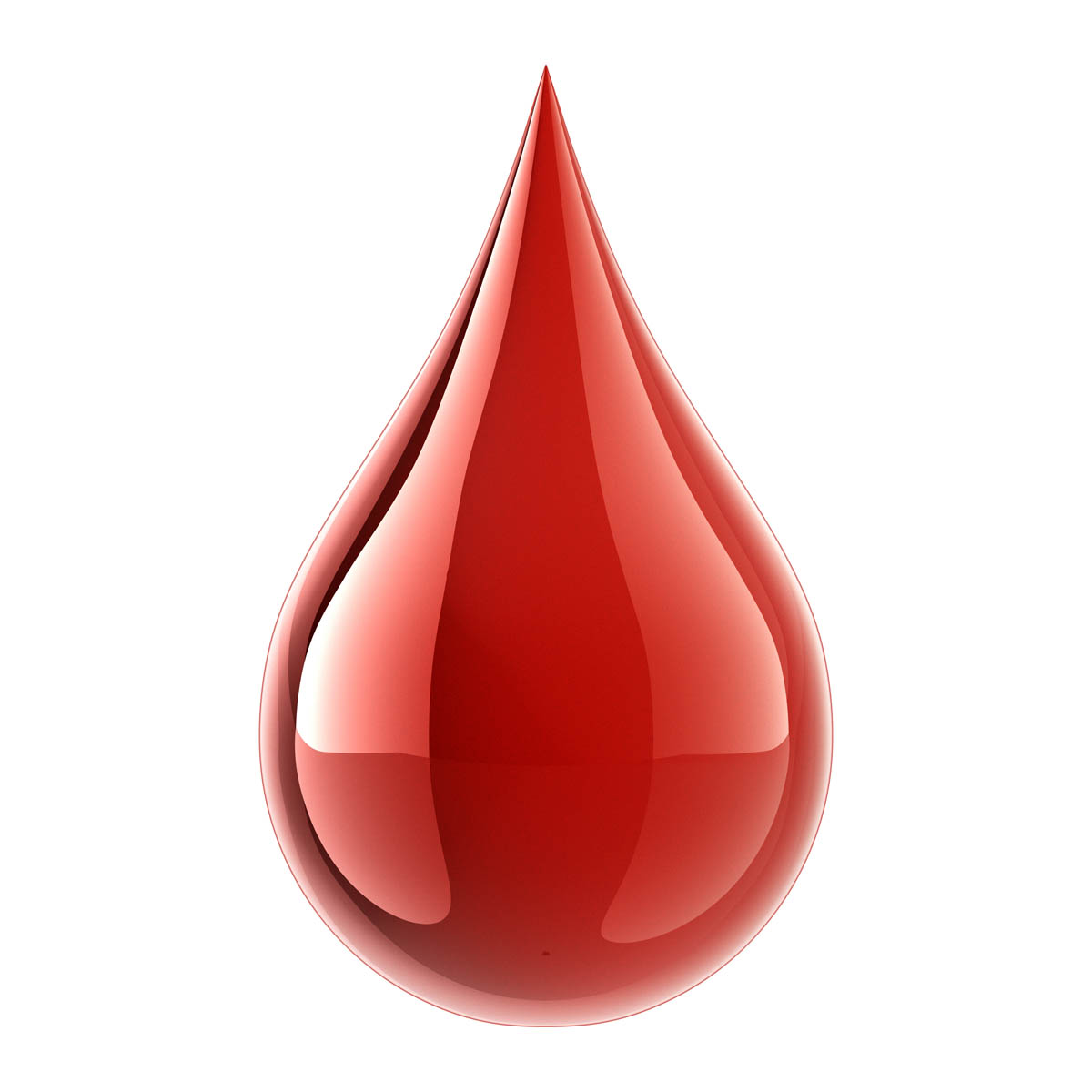Things to do once you’re sexually active:

Talk to your sexual partners about STIs before having sex
Use a condom or other protection methods
Find an STI testing location
Get tested regularly for STIs
Once you become sexually active, STI testing should become a regular part of your sexual health routine. STIs don’t always have symptoms and the only way to know if you have one is to be tested. Testing regularly is a great way to stay on top of your health and detect an infection early. STIs are treatable and early diagnosis can help you avoid some of the health problems that can result from having an untreated infection. Being diagnosed with an STI isn’t the end of the world. During the check-up, your doctor can give you advice on how to treat the infection and prevent infection for you and your partners in the future.
STI testing is easy, free or low cost. An STI test is confidential and all health professionals are required by law to keep what you discuss private, no matter how old you are. This confidentiality can only be broken under serious circumstances. More information on your healthcare rights is available at ReachOut.
For tips on talking about sexual health with your doctor, click here.
Finding a clinic
Finding a place to get an STI test is easy! Your local doctor, Family Planning or sexual health clinic can offer STI testing.
Additionally, some states—South Australia, Queensland, Western Australia, and Victoria—have their own government supported, online testing services which provide chlamydia and gonorrhoea testing for free. There are also two national services which are private and provide a range of tests at a cost. Find more information about what online testing is and where it’s available here.
Below is a list of sexual health and Family Planning clinics throughout Tasmania. Click on one of the links below to find clinics in your area of Tasmania and check STI testing off your to do list.
Other Tasmania health services and resources
Other national health services and resources
Burnie
| City | Contact Information |
| Burnie | Sexual Health Service Tasmania 11 Jones Street Burnie TAS 7320 (03) 6434 6315 |
| Upper Burnie | Family Planning Tasmania 1 Pine Avenue Upper Burnie TAS 7320 (03) 6431 7692 www.fpt.asn.au burnie@fpt.asn.au |
Devonport
| City | Contact Information |
| Devonport | Sexual Health Service Tasmania 23 Steele Street Devonport TAS 7310 (03) 6421 7759 |
Hobart
| City | Contact Information |
| Gleanorchy | Family Planning Tasmania 421 Main Road Glenorchy TAS 7010 (03) 6273 9117 www.fpt.asn.au info@fpt.asn.au |
| Hobart | Sexual Health Service Tasmania 60 Collins Street Hobart TAS 7000 (03) 6233 3557 |
| Hobart
|
Clinic 319 TasCAHRD 319 Liverpool Street Hobart TAS 7000 (03) 6234 1242 www.tascahrd.org.au mail@tascahrd.org.au |
Launceston
| City | Contact Information |
| Launceston | Sexual Health Service Tasmania 42 Canning Street Launceston TAS 7250 (03) 6336 2216 |
| Launceston | Family Planning Tasmania 269 Wellington Street Launceston TAS 7250 (03) 6343 4566 www.fpt.asn.au lton@fpt.asn.au |
Other Tasmania health services and resources
| Service | Description |
| Family Planning Tasmania | www.fpt.asn.au
Family Planning Tasmania (FPT) is a state–wide, not for profit organisation providing sexual and reproductive health clinic and education services to all Tasmanians. FPT is the leading agency in Tasmania working in the area of sexual and reproductive health. |
| Tasmanian Council on AIDS, Hepatitis & Related Diseases | www.tascahrd.org.au
tasCAHRD A community based Tasmanian organisation which advocates & supports communities living with and/or affected by AIDS HIV, Hepatitis and related diseases |
| The Link | www.thelink.org.au
The Link is a safe, professional and confidential service that provides support, practical assistance, information, advocacy and referral services in relation to health and other related issues. All services are free of charge and confidential. |
Other national health services and resources
| Service | Description |
| Australian Indigenous HealthInfoNet | www.healthinfonet.ecu.edu.au/
The Australian Indigenous HealthInfoNet makes comprehensive, up–to–date information accessible to people interested in the health of Aboriginal and Torres Strait Islander Australians |
| all good | allgood.org.au/
The all good website includes information, resources and service directories on STIs and BBVs for Aboriginal and Torres Strait Islander people. It includes a ‘find a service tab’ to find a local doctor, clinic or a testing centre that provides STI and BBV testing. The website also includes links to local support services. |
| Better to Know | www.bettertoknow.org.au/
‘Better to Know’ is a website for young Aboriginal and Torres Strait Islander men and women. It provides detailed information on STIs and BBVs, and on getting tested– in two sections, Men’s Business and Women’s Business. It can send SMS reminders to have a sexual health check and can also be used to notify recent sex partners anonymously that they need to have a sexual health check. |
| Body Talk | www.bodytalk.org.au/
Info for young people about the body, puberty, relationships and sexual health including STIs and contraception. |
| Family Planning NSW Talkline
|
www.fpnsw.org.au/talkline
Talkline provides free and confidential information, advice and options across a wide range of reproductive and sexual health issues. 1300 658 886 |
| Health Direct | www.healthdirect.gov.au/
healthdirect provides easy access to trusted, quality health information and advice online and over the phone. |
| Marie Stopes Australia | www.mariestopes.org.au/
Marie Stopes provides safe and supportive reproductive health services such as contraception, abortion, vasectomy, STI checks and more. |
| QLife | www.qlife.org.au/
QLife national telephone and web counselling service for lesbian, gay, bisexual, trans and intersex (LGBTI) people, families and friends. |
| Reachout | www.reachout.com/
ReachOut helps under 25s with everyday questions through to tough times. |
| Young Deadly Free | youngdeadlyfree.org.au/
Young Deadly Free is all about raising awareness of sexually transmitted infections (STIs) and blood-borne viruses (BBVs) affecting young people in regional and remote Aboriginal and Torres Strait Islander communities. They provide information and resources for young people; elders, parents and other adults; and doctors, nurses and other health workers. |




